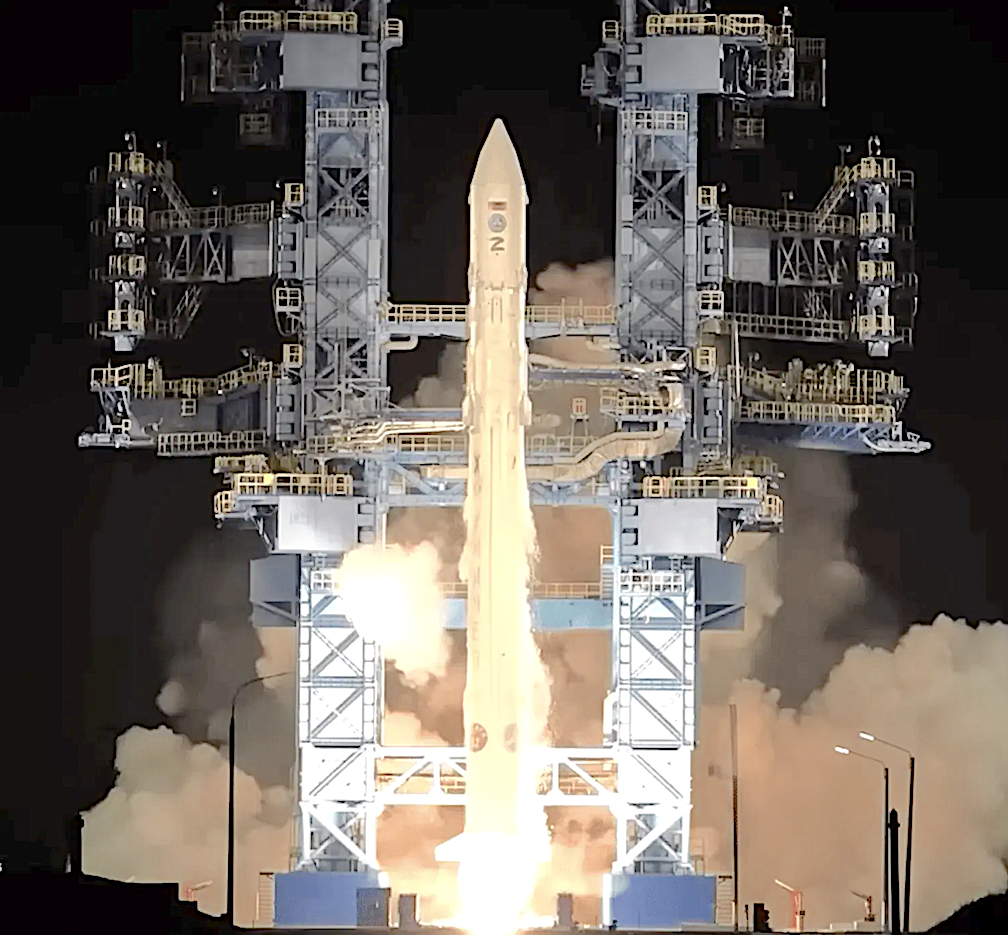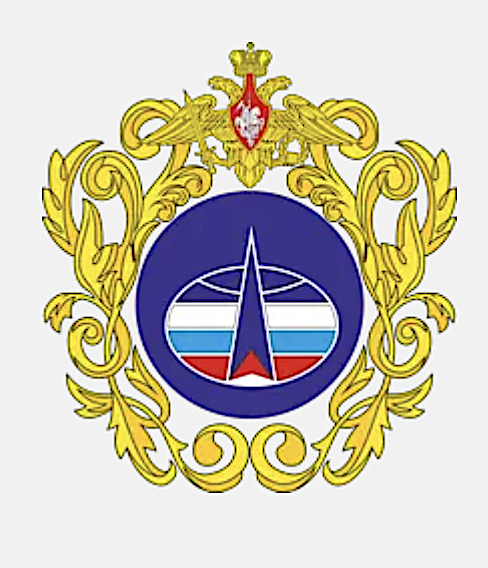

Another launch to Medium Earth Orbit of Soyuz 2.1b/Fregat of Glonass-K1 No. 18 mission, is planned by Russian Space Forces on approximately September 29, from Plesetsk Cosmodrome, Russian Federation at a cost of $80,000,000.
At the end of January 2024, Deputy Defense Minister Aleksei Krivoruchko promised 18 orbital launches of military spacecraft before the end of the year. Seven launches of intercontinental ballistic missiles were also planned for 2024. In total, more than 40 orbital launches were scheduled by Roskosmos, according to an interview of its head Yuri Borisov published on February 19. However, Borisov cautioned that it was only a plan which would be difficult to fulfill given the experience in the previous year.
In July 2024, Borisov also said that the Russian orbital grouping had increased to 244 spacecraft from 192 satellites in 2022, but most of the additions were likely cubesat-type payloads.
Glonass-K are the third generation of satellite design for GLONASS satellite navigation system. GLONASS is a Russian space-based navigation system comparable to the similar GPS and Galileo systems. This generation improves on accuracy, power consumption and design life. Each satellite is unpressurized and weighs 935 kg, and has an operational lifetime of 10 years.
The Russian Space Forces are a branch of the Russian Aerospace Forces, that provides aerospace warning, air sovereignty, and protection for Russia. Having been reestablished following August 1, 2015 merger between the Russian Air Force and the Russian Aerospace Defence Forces after a 2011 dissolving of the branch. The Russian Space Forces were originally formed on August 10, 1992 and the creation of the Russian Armed Forces.
